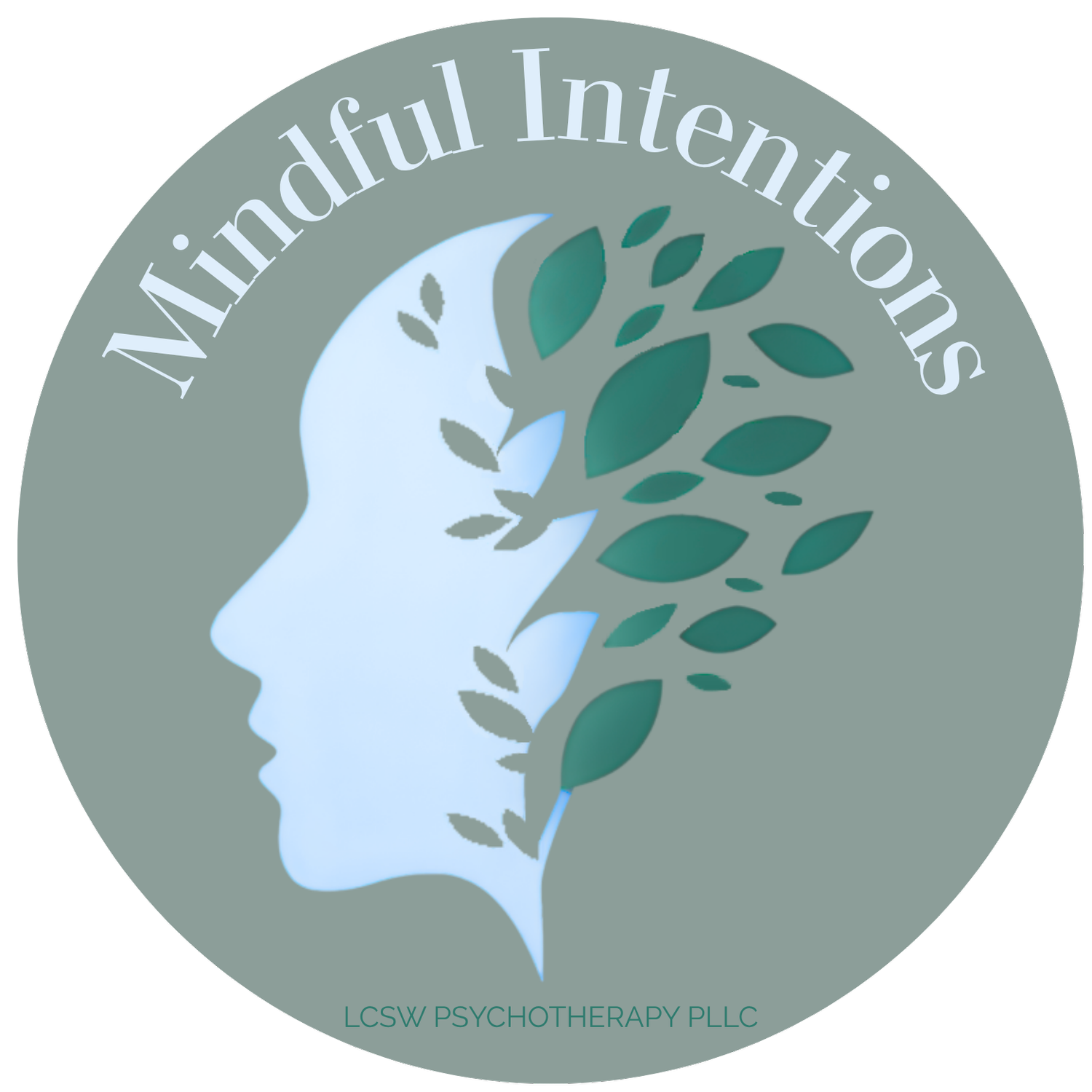Mindfulness
Mindfulness is the practice of paying attention to the present moment—on purpose and without judgment. In therapy, we use mindfulness to help you become more aware of your thoughts, emotions, and physical sensations as they arise, rather than getting caught up in them or trying to push them away. The goal isn’t to clear your mind or avoid difficult feelings, but to learn how to relate to your inner experience with more curiosity, kindness, and stability.
In sessions, we may explore simple mindfulness exercises such as breath awareness, body scans, or observing thoughts like passing clouds. We practice noticing what’s happening in the moment—especially during stress, anxiety, or pain—so you can respond thoughtfully instead of reacting automatically. Over time, this builds emotional regulation, reduces reactivity, and creates space between stimulus and response. Mindfulness also helps you develop compassion for yourself and others, especially when you're navigating difficult or overwhelming moments.
Therapy provides a safe place to explore what mindfulness feels like for you, how it can support your specific challenges, and how to apply it in everyday life—in conversations, decision-making, parenting, rest, or simply being with your own thoughts. You don’t have to be “good” at mindfulness to benefit from it—it’s a skill you can build gently, moment by moment, with support.
